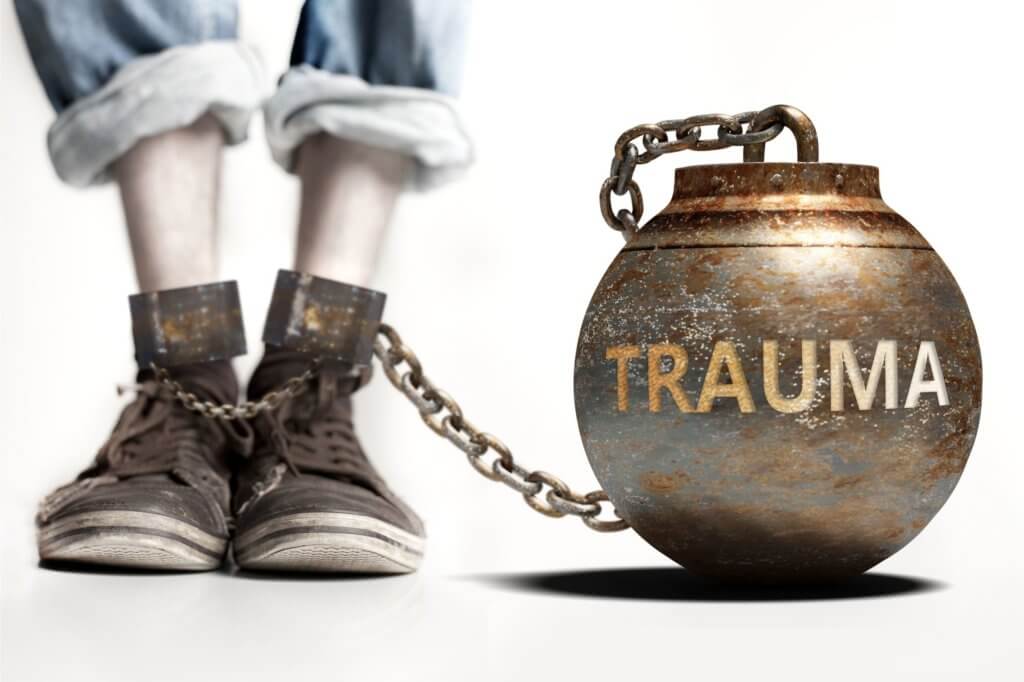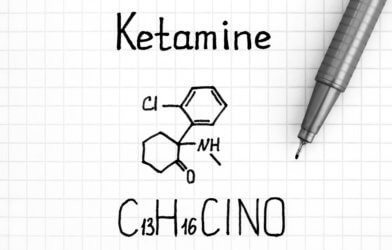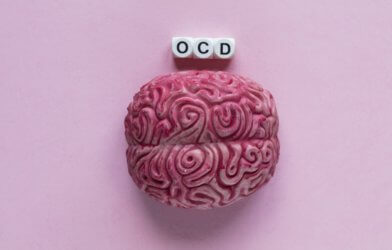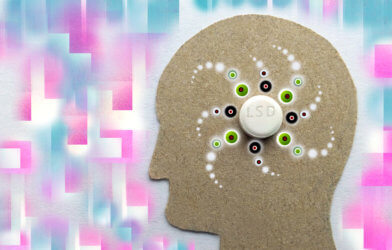When it comes to the battle against psychological distress, psychedelics are changing the game. Childhood abuse and trauma often lead to mental health problems such as depression and an overwhelming feeling of shame. Approximately 50% of the global population has been victims of childhood trauma. New research shows the healing powers of psychedelics in those who suffer from past traumas.
Many people turn to antidepressant drugs for treatment, however, they only serve as a temporary fix because they do not heal the underlying factors that give rise to the symptoms. On top of the plethora of other illnesses psychedelics treat, they are also the most efficient at treating childhood trauma because they identify the main reason behind the symptoms.
As our understanding of mental disease evolves, trauma is becoming more and more prevalent. Dr. Gabor Maté, a well-known physician, emphasizes the deleterious effect of abuse on maturation in his work. “The greatest damage done by neglect, trauma, or emotional loss is not the immediate pain they inflict but the long-term distortions they induce in the way a developing child will continue to interpret the world and her situation in it. All too often these ill-conditioned implicit beliefs become self-fulfilling prophecies in our lives,” said Dr. Maté.
The “long-term distortions” Dr. Maté referred to are frequently associated with emotions of profound shame. He explained that when a person has a negative perspective of themselves, it might be difficult for them to believe otherwise. A rippling impact of this may be the development of mental disorders like PTSD, as well as, addictive behaviors.
Psychologist Dr. C.J. Healy and his team from the New School for Social Research in New York assessed 166 adults who had been victims of child abuse. In addition to detailing the level of violence they had experienced as children, individuals described their present symptoms. Several were suffering from severe post-traumatic stress disorder (PTSD), although most had not been diagnosed with PTSD. Participants were asked if they had ever taken a psychedelic drug to try to repair or resolve childhood abuse. Almost one-third of the study group had tried to fix the trauma by taking psychedelics such as psilocybin, MDMA, or LSD paired with psychotherapy.
According to the findings, people who had taken psychedelics as a form of treatment did not exhibit the usual, severe symptoms of abuse. Moreover, they reported less repressed sadness and shame and were not as prone to suffer from suicidal tendencies. The results were even more surprising since both psychedelic users and non-users suffered from the same types of trauma during childhood.
Scientists believe psychedelics not only cause a shift in a person’s perception, but they speed up the process. Results show that increasing the amount of a psychedelic leads to a breakdown of the person’s self-identity, specifically their identity as a victim. This enables the person to grow out of a victimized state and become a more joyful individual. When referring to the use of psychedelics combined with therapy, one person said “It has released me from the ego that I’ve spent my whole life creating.”
This encouraging research is only the jumping off point for psychedelic treatment of underlying causes of trauma. In light of the study’s design, researchers are not completely certain of the efficacy of psychedelics for everyone. Therefore, additional studies into the significant trauma-fighting properties of these chemicals is necessary. However, a growing body of research shows that psychedelics are a valuable tool for those seeking recovery from all forms of trauma, including sexual trauma, helping victims feel empathetic rather than self-pity.
More cities are decriminalizing psilocybin and are undertaking clinical studies on other psychedelics such as MDMA, as well as ketamine to help treat PTSD therapy, providing promise for the future.













Comments